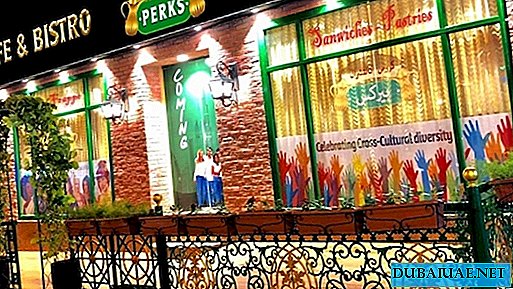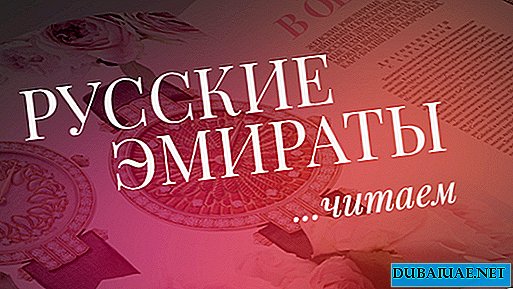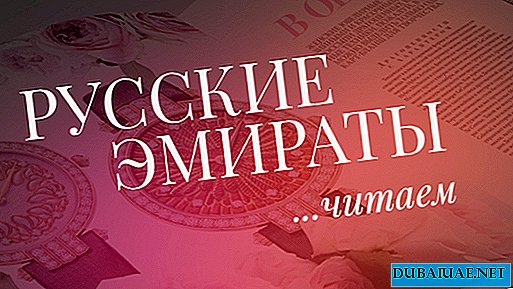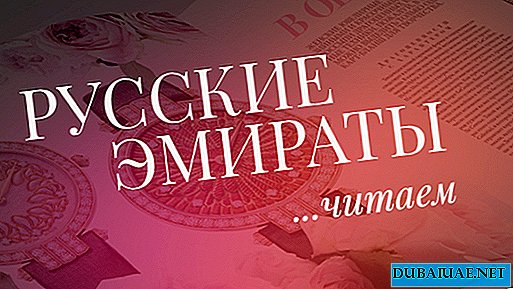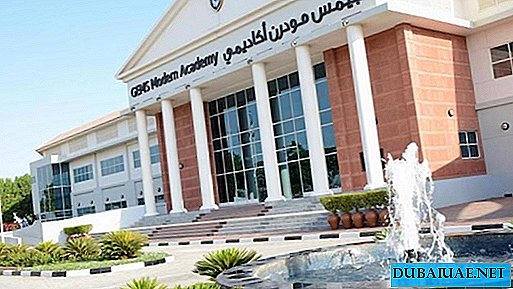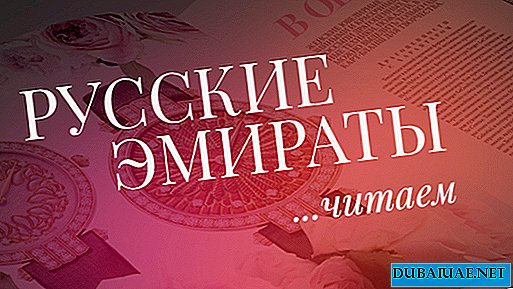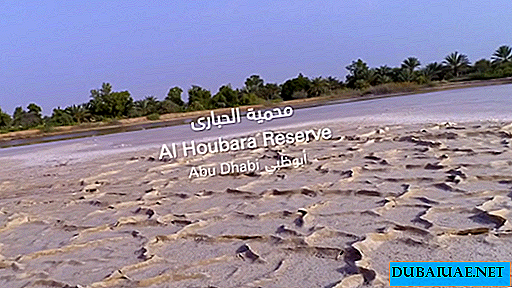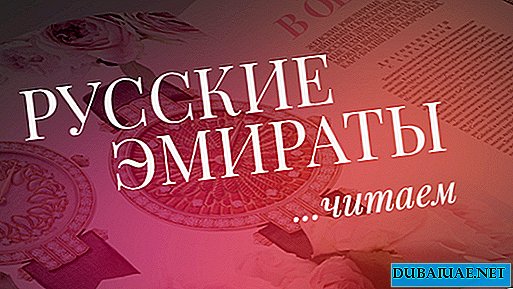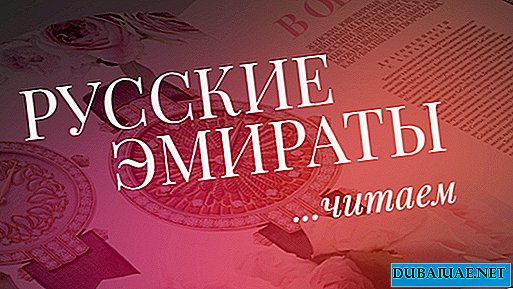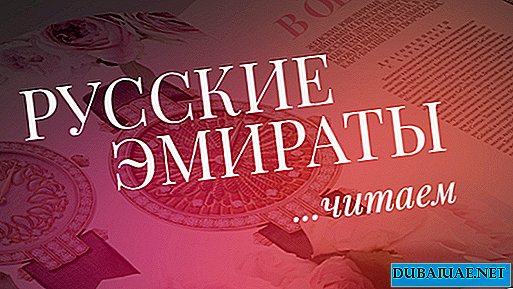Text: Nikolai Gudalov, Master of International Relations, specialist in the history and politics of Arab countries
Formula of faith
Shahada is an Islamic formula of worship, which literally translates as follows: "There is no deity worthy of worship except Allah, and Muhammad is His messenger." The evidence of faith enshrines two fundamental Islamic principles - monotheism and recognition of the prophecy of Muhammad. Shahada also reflects the special position that the prophetic mission of Muhammad holds in Islam. Muslims acknowledge other, earlier prophets. Some Islamic scholars believe that since the exact number of prophets is not indicated in the Qur'an, it is more appropriate to say this: "I believed in all the Prophets sent by Allah, beginning with the Prophet Adam, peace be upon him and ending with the Prophet Muhammad, peace be upon him and the blessings of the Most High."
We emphasize that the following prophets are mentioned in the Bible in which Muslims believe: Noah (Nuh), Abraham (Ibrahim), Moses (Musa), John the Baptist (Yunus ibn Zakriya), Jesus (Isa) and many others.
Shahada arose as a prayer call and an exclamation, with the help of which the first Muslims distinguished themselves from the Gentiles, especially the Gentiles. Until now, during the call to prayer (azan), its first part, which proclaims the unity of Allah, is repeated three times, and the second part, with the recognition of the prophecy of Muhammad, is two. Shahada is pronounced upon awakening and going to bed when a child is born or when a person feels that his last hour has arrived. If a person pronounces a shahada with full understanding of its meaning and with witnesses, then he becomes a Muslim and acquires the corresponding rights and duties.
Worship of truth
 Salt (in Arabic), or namaz (in Persian), is a Muslim prayer that plays a huge role for the faithful. Through it, a person can directly turn to Allah - between them, according to Islam, there are no intermediaries. Muslims believe that prayer can heal physical and spiritual ailments. Five obligatory prayers are performed daily - predawn, noon, evening, sunset, night. It is forbidden to pray exactly at noon, in moments when the sun rises and sets. For a traveler, the second and third prayers and the last two prayers can be combined. Muslims pray individually or collectively in any clean place. For prayer, believers are called by azan. Men and women pray separately. If possible, women are placed on the gallery or balcony of the mosque, if this is impossible, behind the men, and in any case, behind the curtain.
Salt (in Arabic), or namaz (in Persian), is a Muslim prayer that plays a huge role for the faithful. Through it, a person can directly turn to Allah - between them, according to Islam, there are no intermediaries. Muslims believe that prayer can heal physical and spiritual ailments. Five obligatory prayers are performed daily - predawn, noon, evening, sunset, night. It is forbidden to pray exactly at noon, in moments when the sun rises and sets. For a traveler, the second and third prayers and the last two prayers can be combined. Muslims pray individually or collectively in any clean place. For prayer, believers are called by azan. Men and women pray separately. If possible, women are placed on the gallery or balcony of the mosque, if this is impossible, behind the men, and in any case, behind the curtain.
Prayer is based on a system of movements, postures and verbal formulas called rak'at. After washing, the prayer gets up on the prayer rug and turns to face Mecca. This direction is called the Qibla (the first Qibla was Jerusalem). Each rak'ah consists of one belt bow (hand) and two earthly bows (soot). Each of the five obligatory prayers consists of a different number of rak'ahs (from 2 to 4). Raka'at includes praise of Allah, recitation of the first Surah of the Koran in Arabic, a bow and a bow, alternating with sitting on one’s lap. To complete the prayer, the believer, sitting, pronounces a shahada, and then over his right shoulder, - the greeting “Peace be upon you and the mercy of Allah” and the same thing through the left. Of particular importance is Friday afternoon prayer (al-Juma - "meeting day"). She is preceded by a hutba - a short sermon. The Imam Khatib, standing at the pulpit of the mosque, greets the faithful, praises Allah and asks to bless the prophet, reads out passages from the Qur'an, prays for the faithful and mentions the name of the ruler, instructs the gathered in piety.
Traditions of piety
Ramadan, the ninth month of the Islamic lunar calendar, is marked by fasting - saum. It was established by the prophet in 624, but dates back to the more ancient custom of pious solitude. During daylight hours during all 30 days, healthy Muslims should completely refrain not only from food, but also from drinking, smoking and inhaling tobacco smoke, using perfumes and incense, marital relations - all that distracts from charitable thoughts. With the onset of darkness, when the white thread becomes impossible to distinguish from the black, these prohibitions are lifted. However, the meaning of fasting is to abandon excessive earthly pleasures even at night. The believer should fast in thought, conversation, reading, giving alms, settling disputes, etc. He needs to reject evil, greed, violence, insidiousness, irritation, idle talk and lies.
Sick people, pregnant women, nursing mothers, babies, the elderly, people who are on a long trip or in a foreign land, soldiers during the war, captives, criminals who have not served their sentences, are relieved of their posts. Interestingly, in the UAE, for example, the right to break the fast was given to people of certain professions, for example, workers spending an open-air day in unbearable heat. Those who have been freed from Saum or accidentally violated it, fasting later, reimbursing missed days. If a person has violated the Saum intentionally, then he must repent and atone for his guilt. Ramadan still brings a special atmosphere to the life of many Muslim countries, including the Emirates. Local astronomers from the special Moon Observation Committee predict in advance the day and time, accurate to the minute, when the young month appears and sets in and when the month of shavval comes after Ramadan.
But they officially announce the coming of the holy month only when the new moon is visible. In principle, any observer can report a new moon. During Ramadan, in public places, they strictly monitor that people fast: you can’t even drink or listen to loud (non-religious) music. Moreover, this is unacceptable in the car. At best, a reprimand from the police can be a punishment, and at worst a fine or even imprisonment.
Almost all restaurants are closed during the day (in hotels, places where non-Muslims eat food are usually enclosed). They open with the onset of darkness, when the long-awaited sounds of azan and crowds of joyful tourists and local residents will rush to the tables. Many shops and organizations are also closed during the daytime - however, large shopping centers are open during the day and are late. Muslims make two meals: before the predawn prayer (Sukhur) and after dark (conversation - iftar). Traditionally, these were light snacks - the Arabians were content with dates and water.
Islam generally encourages food moderation. But now in the UAE, iftars can be very plentiful. Many hotels have tents where guests can enjoy special Ramadan menus.
Of course, Ramadan is not only a time for limitations, but also opportunities to touch the great Muslim holiday. During the holy month, it is customary to go to visit friends and relatives, especially those with whom a person has not communicated for a long time. Iftar gathers family members and acquaintances. Sometimes special ifars are organized with the wide participation of representatives of various cultures. Traditional Arabic cuisine is served. In the Emirates, the time of the conversation is even announced by gunfire. Many mosques give free food to the poor. The country organizes cultural and educational events, competitions of connoisseurs of the Koran. Typical installations are displayed everywhere with lanterns, jugs, images of the moon and stars, calligraphically phrased with the words “Ramadan Mubarak” - “blessed Ramadan”, or “Ramadan Karim” - “generous Ramadan”.
The last ten days of the holy month are considered especially important. The most pious Muslims spend them in seclusion. For them, in the Emirates, mosques open their doors 24 hours a day. Both men and women seek solitude for pious reflections, and often children are brought to the mosque. On one of the last nights of Ramadan, usually from the 26th to the 27th (the exact date is not set, but the holiday should be on an odd day), they celebrate the Night of predestination, or power (Leylat al-Qadr). It was then that, it is believed, the first revelations from the Qur'an were sent to the prophet. Muslims believe that on this night, Allah decides on their fate, taking into account the piety and prayers of each person, and the angels descend from heaven to do good deeds. Believers go to prayer at the mosque, read the Qur'an, offer petitions to Allah. It is believed that spending this night godly is better than living a thousand months righteously! With sincere prayer, a believer can atone for all his past sins.
At the end of the post, the first day of the month of shavval, they begin to celebrate the Feast of Talk (Eid al-Fitr - Small Holiday). It lasts 3 days. Muslims traditionally attend a general prayer, followed by a magnificent meal. Last year in Abu Dhabi, Sheikh Zayed Mosque, able to receive 40 thousand believers, was full during morning prayers. On this holiday, they spend time with family and friends, share with co-religionists the joy of fasting and gaining a new spiritual experience.
As during Ramadan, gifts and alms are abundantly distributed in Eid al-Fitr. No poor man should remain deprived. In general, the Small holiday after a difficult fast is often celebrated even more joyfully than the Big (Feast of the Sacrifice). Finally, we note: Ramadan in the UAE is interesting for tourists from a material point of view. Most stores arrange sales and special promotions.
Honors virtues
Zakat is a regular tax that all capable Muslims pay on their income in favor of those in need. The literal meaning of this word is “purity”: by giving alms, a Muslim purifies, justifies his wealth. This tax is also based on the pre-Islamic tradition, when the booty captured by the tribe went to its "joint fund." The amounts received were sent to Muslim judges, the Qadiy, or to the state treasury. Then they were spent for one year only to help those in need, usually in the same district where they were collected.
Symbol of unity
Every Muslim should at least once in his life make a hajj - pilgrimage to the holy city of Mecca. Hajj allows a person to abandon the worldly bustle, but at the same time is perhaps the most visible expression of the unity of Muslims around the world.
On the seventh of the Suhl-hijah, the twelfth month of the Islamic calendar, pilgrims arrive in the vicinity of Mecca. They are immersed in a special state - ihram: men and women wash themselves, cut their nails and hair, put on clothes made of white seamless fabric (only for men), refuse worldly desires and excesses (for example, perfumes). Ihram includes both types of pilgrimage - small (umra) and large (actually Hajj).
Entering the courtyard of the Preserve Mosque in Mecca, the pilgrims approach the sacred Black Stone embedded in the northeast corner of the Kaaba (Islamic shrine - a cubic temple in the courtyard of the mosque), and the most successful ones can even touch it. Then they go around the Kaaba clockwise seven times, the first three circles - by running, then - at a measured pace. After praying, Muslims drink water from the Zamzam well and make sai, that is, they run seven times between the hills of al-Safa and al-Marwa. This ends the small pilgrimage, and if the pilgrim decided not to combine it with the Hajj, then he shaves off his hair or cuts off a strand of hair and leaves ihram. The rest stop ihram only by performing the hajj.
On the seventh, pilgrims listen to a sermon and pray in the Kaaba. The next day, with supplies of water, they go through the valleys of Mina and Muzdalifa to the Arafat valley. There, at noon on the ninth of the month of Zul-hij, a central rite is performed - standing at Mount Arafat before sunset, when pilgrims listen to sermons and pray. Then the believers go to the valley of Muzdalifa, where prayers are performed. The next morning, the four-day Great Holiday begins, the main one for Muslims - Eid al-Adha.
Pilgrims head to the Mina Valley, where they beat with seven stones the last of the three symbolic pillars installed there, representing the devil (Iblis). Then bulls, camels or sheep are sacrificed, and a third of their meat is distributed to the needy. The rite recalls the sacrifice of Ibrahim. Finally, the pilgrims shave their heads or cut off a strand of hair and go to Mecca, where they bypass the Kaaba for the last time. If the hajj was not preceded by death, then the sai rite is followed. Until the 13th day of Suhl-hijah, pilgrims continue to make sacrifices, throw stones at all three pillars in the Mina Valley. Many believers travel to Medina to visit the grave and mosque of the prophet, located in this city.


